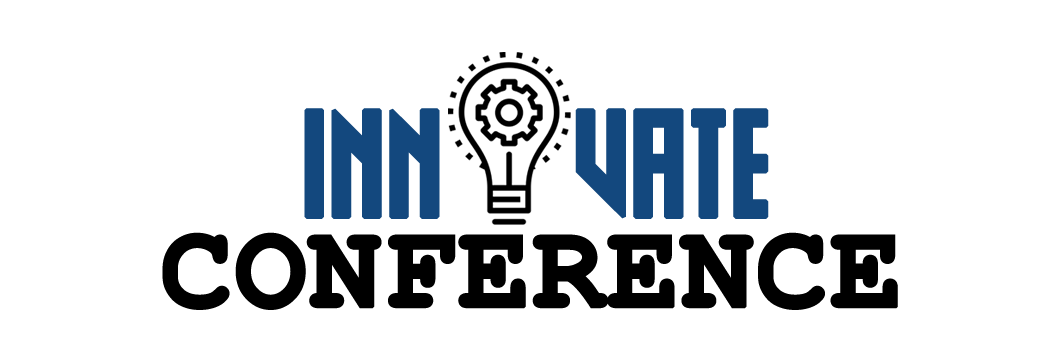Many people resort to borrowing money from their 401(k) in emergencies, to fund college, and place deposits on homes – but what is the appeal of a 401(k) versus other loans? If you’re debating whether you should borrow from your retirement fund, below you’ll find a guide on the advantages and drawbacks of taking out a 401(k) loan as provided by Ubiquity, a leading retirement and savings plan provider.
What is a 401(k) Loan?
A 401(k) loan is the borrowing of money from your retirement account. Even though the funds are sourced from the money you contributed, it is still a loan, meaning you will have to pay yourself back. Normally, you have to repay it within five years with various exceptions depending on the circumstances.
Reasons to Take Out a 401(k) Loan
They are relatively low risk.Borrowing from your 401(k) is a relatively low-risk alternative to obtain funds quickly. With a loan from your 401(k), you do not have to face the risk of building up massive amounts of interest over time while still being able to afford large purchases or investments on short notice. Still, this does not mean that money from your 401(k) is free – you will still have to repay interest, although it will be at a much lower rate than you would have gotten through a bank loan. Additionally, if you leave your job before paying your loan back in full, you could face some serious issues in repaying.
No credit check. This is one thing that bars access to so many people seeking financial assistance. Many people who are seeking out a loan are doing so because they cannot afford the immediate costs of something – meaning they probably don’t have the funds to repair their credit. When you borrow from your 401(k), you can bypass the need for a credit check and have fast access to funds you otherwise would not have been able to obtain.
401(k) loans are great for down payments for homes. This is one of the circumstances in which exceptions would be made the repayment period. Although normally, you would have five years to repay a 401(k) loan, if you were to use the funds to place a deposit on a home, the IRS allows for that time to be extended.
Despite the few benefits you get from borrowing from your 401(k), there are associated risks that you need to be aware of.
Risks of Taking Out a 401(k) Loan
Losing out on compound interest. The more money you remove from your 401(k), the less is available for growth. When you borrow from your 401(k), you are actively working against the compounding interest building and passively growing your retirement fund. Unless you have urgent, specific reasons for taking this money out, it may be best to leave it alone.
Job loss. Even if you were to leave your job through which your 401(k) plan was maintained, you will still be responsible for paying back the loan. People who leave their jobs with an outstanding loan have until the next year’s tax filing date to repay their loans, otherwise, they may be faced with serious financial consequences.
Although there are some benefits to taking out a 401(k) loan, there are serious drawbacks to consider. Normally, it is recommended that you avoid borrowing from your retirement plan, as it tends only to work against your future savings. However, if the need is urgent and you are running low on options, a 401(k) may be the right choice for your circumstances.




